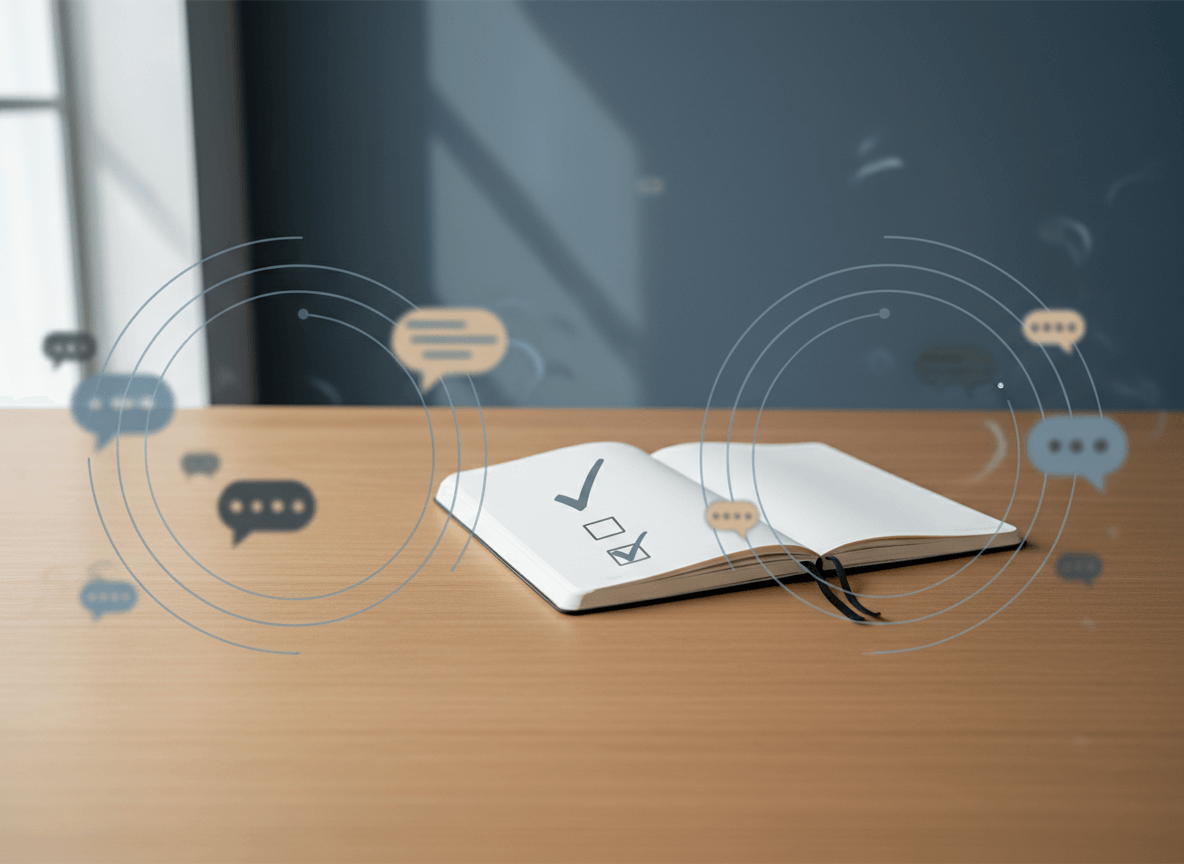What Stress Does to Your Brain
We talk about stress like it’s just a feeling.
Something in the head. But stress is chemical. It changes the brain. It rewires how you function.
For thousands of years, stress kept us alive.
The body reacts the same way whether it’s a lion in the bushes or too many emails in your inbox. It doesn’t matter if the threat is a real danger or just everyday pressure.
The stress system turns on.
At the center is the HPA axis
Hypothalamus, pituitary, and adrenal glands.
It’s the body’s built-in alarm.
The amygdala, the fear center, presses the gas pedal.
Hypothalamus signals.
The pituitary controls.
The adrenal glands release cortisol.
The heart races.
Muscles tense.
You’re ready to fight or run.
This is survival. And it’s brilliant.
The problem comes when it never turns off.
Cortisol is supposed to spike and then fall
When stress is constant, cortisol stays high.
That’s when the system breaks. The amygdala becomes more active, hitting the gas harder. The wheel spins by itself. If it doesn’t stop, panic comes.
The hippocampus, the part of the brain that acts like a brake, begins to shrink.
Cortisol is toxic to its cells.
Too much, for too long, and those cells die. Memory gets worse. Words slip away. You lose your sense of orientation.
The frontal lobes - the part that calms worry, the part that plans and focuses - also shrink under long stress.
Which means your ability to regulate yourself weakens. The very parts you need to resist stress stop working.
This is why exhaustion feels like losing yourself. It’s not in your head.
It’s in your brain
Researchers like Agneta Sandström have shown this with brain scans.
In healthy brains, the frontal lobes light up when planning or focusing. In exhausted brains, almost nothing lights up. You can tell yourself, “Focus! Try harder! Pull yourself together!” but the brain isn’t able to obey. It’s not laziness.
It’s biology.
That’s why simple things suddenly feel impossible. Writing an email. Driving with traffic around you. Sitting in a room with phones ringing. Your brain can’t filter out distractions anymore.
Sound, movement, light - everything comes in at once.
So how long do these brain changes last?
Nobody knows for sure.
Many recover over time. But many also remain more sensitive. Once you’ve had exhaustion, you may never be the same again. That doesn’t mean you’re broken forever. It means you need to live differently.
Can the brain heal?
Yes. The brain is flexible. Other areas can sometimes take over. Recovery is possible, but it doesn’t look like going back to the old you.
It looks like creating a new way of being.
What does the exhausted brain need?
Sleep.
Real sleep. At least six hours, better seven to nine. Without sleep, nothing else works. Safety. You need to feel secure enough to rest. Slowing down. Taking your energy seriously. Learning to use your resources differently.
If sleep slips again, it’s a warning sign. You’re pushing too fast.
Stress is a physical force that reshapes the brain. Knowing that takes away some of the shame. Because when you collapse, it’s not because you’re weak. It’s because your brain has been forced to run in survival mode too long.
And that is not a personal failure. It’s a human limit.
You May Also Like:
Ready to recover? Get Your Burnout SOS Handbook:

Burnout SOS Handbook: Practical steps to understand, survive, and recover from your burnout. Easy to follow - just right for a brain-fogged head. Start your healing today!
Take the Burnout Test
Our 5-minute Burnout Test cuts through the confusion and gives you a personalized snapshot of where you stand and what comes next.
Start the test →




